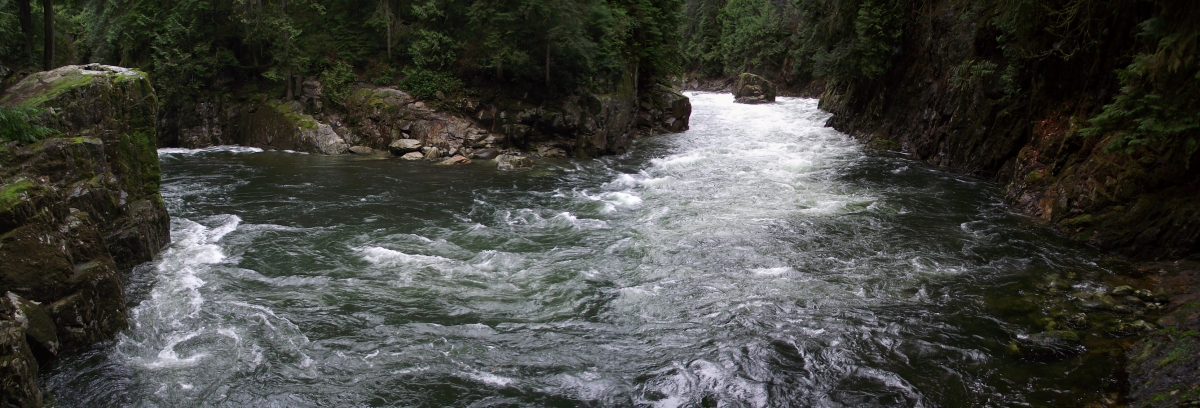Watersheds 2016 registration is now open! This forum offers panel sessions, field trips, breakout workshops, structured peer-to-peer learning and networking to help strengthen capacity for watershed governance in BC. Registration is now open but space is limited. We encourage you to register early, and take advantage of the reduced early-bird rate!
Website: https://watersheds2016forum.wordpress.com/
Registration: https://www.gifttool.com/registrar/ShowEventDetails?ID=2159&EID=22120
Watersheds 2016 is a 1.5 day forum designed to build on learnings from Watersheds 2014. It will bridge and complement with the Living Waters Rally, an event to be hosted by the Canadian Freshwater Alliance from September 27th – 30th, 2016 in Vancouver. The combination of events creates a fantastic opportunity for 5 days of learning to improve the health of Canadian waters!
Through panel sessions, field trips, breakout workshops, structured peer-to-peer learning and networking, participants will build skills and enhance capacity for watershed governance in British Columbia. Core themes in the preliminary program include: Indigenous-led governance initiatives, collaborative watershed governance, and sustainable funding.
WHEN: September 30th – October 1st
WHERE: SFU Wosk Centre for Dialogue, Vancouver, B.C.
Watersheds 2016 is co-organized by four core partners: The POLIS Project on Ecological Governance, The Canadian Freshwater Alliance, The Fraser Basin Council, and The First Nations Fisheries Council. A number of additional partners have also confirmed their support to-date including: Simon Fraser University’s Pacific Water Research Centre, the University of Victoria’s Centre for Global Studies, WWF-Canada, the Forum for Leadership on Water, Evergreen, and Water Canada.
